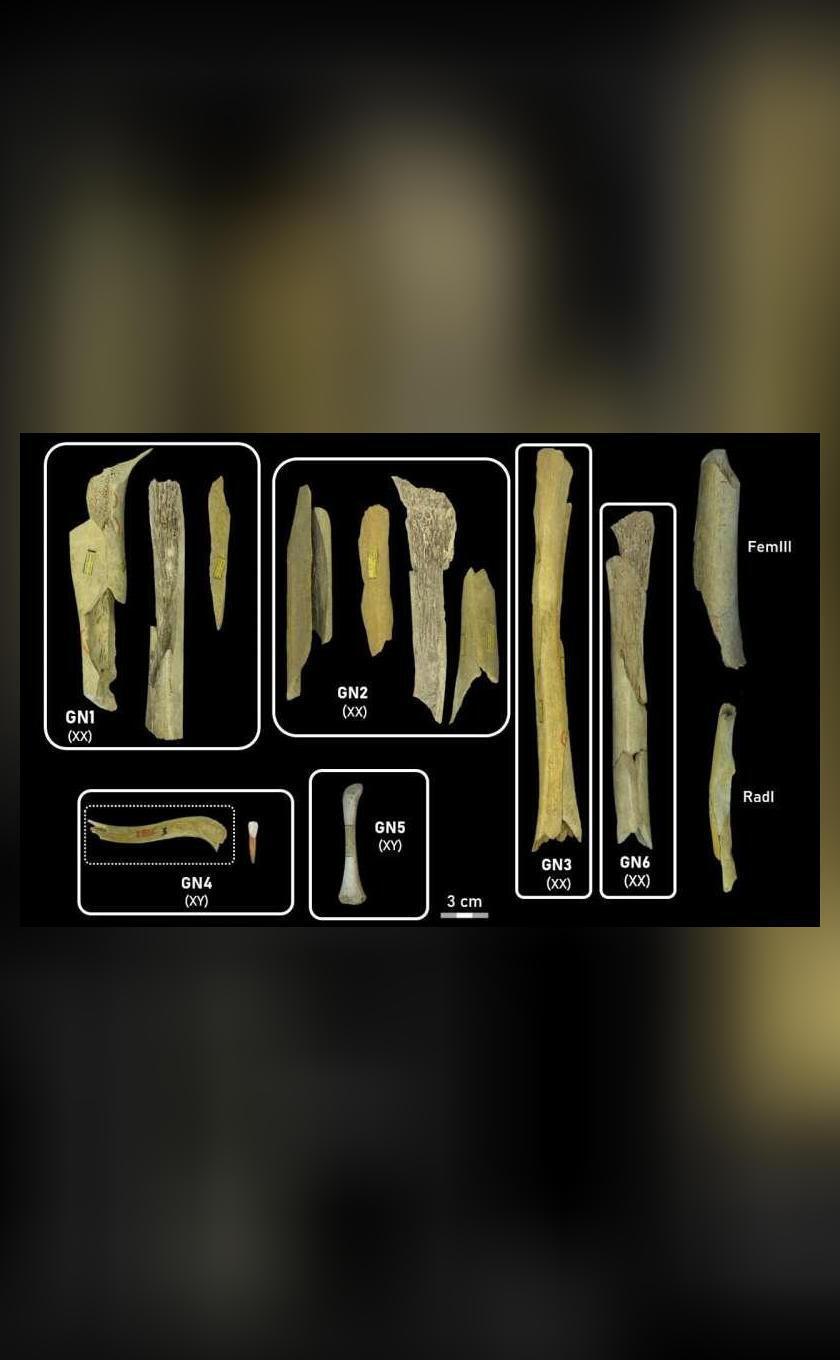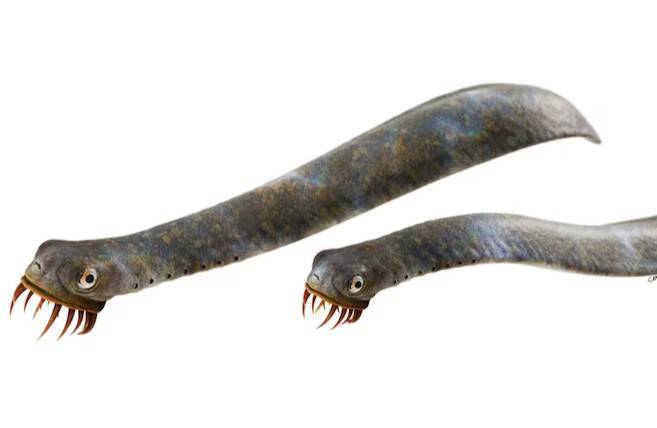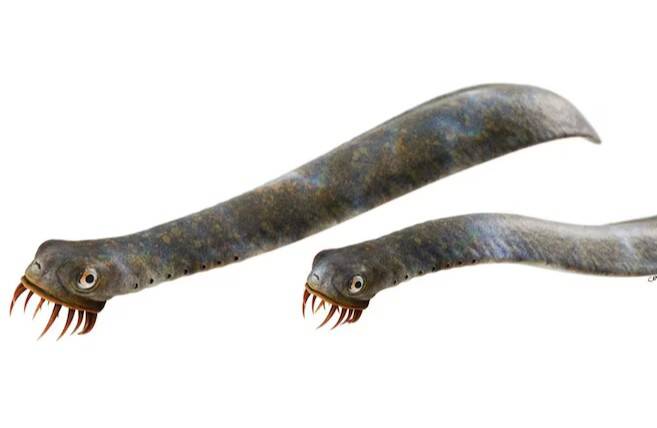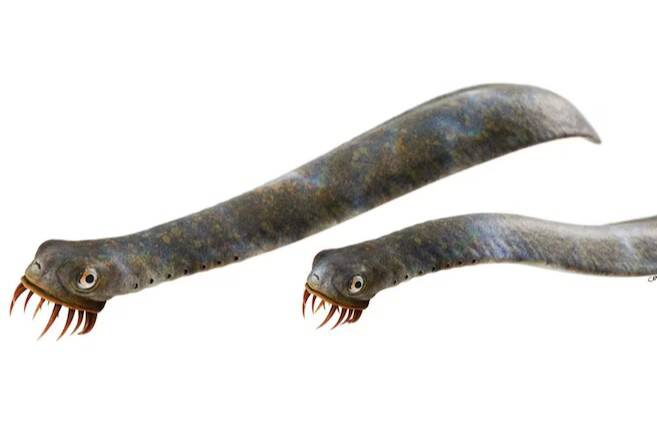
Neanderthals ate outsider women & children 45,000 years ago: Study
The discovery of ancient human remains in Belgium’s Goyet cave system has shed new light on the behavior of Neanderthals, our extinct human relatives. A recent study has revealed that Neanderthals engaged in cannibalism, targeting women and children from other communities, around 45,000 years ago. This finding has significant implications for our understanding of Neanderthal behavior, social structure, and the dynamics of human evolution.
The study, which analyzed 101 bone fragments from the Goyet cave system, found that many of the remains exhibited butchery marks similar to those found on animal bones. These marks, which include cut marks, percussion marks, and scratches, are characteristic of bones that have been processed for food. The presence of these marks on human bones suggests that Neanderthals were practicing cannibalism, and that they were targeting specific individuals or groups.
The researchers found that the majority of the cannibalized remains belonged to women and children, who were likely from other Neanderthal communities. This suggests that Neanderthals were engaging in a form of “exocannibalism,” where they were consuming individuals from outside their own group. This behavior is distinct from “endocannibalism,” where individuals from within the same group are consumed.
The study’s findings have significant implications for our understanding of Neanderthal social structure and behavior. The fact that Neanderthals were targeting women and children from other communities suggests that they were engaged in territorial conflicts, where resources and territory were scarce. This is consistent with other studies that have suggested that Neanderthals were experiencing significant stress and competition during this period, likely due to climate change and the arrival of other human species, such as Homo sapiens.
The researchers believe that the cannibalism practiced by Neanderthals was likely a response to these territorial conflicts, where Neanderthals were competing with other groups for resources and territory. The targeting of women and children, who were likely more vulnerable and easier to capture, suggests that Neanderthals were using cannibalism as a means of asserting dominance and control over their territory.
The study’s findings also have significant implications for our understanding of human evolution. The fact that Neanderthals were engaging in cannibalism, and targeting specific individuals or groups, suggests that they were capable of complex social behaviors and cultural practices. This challenges the traditional view of Neanderthals as brutish and unsophisticated, and instead suggests that they were highly adaptable and resourceful individuals who were capable of responding to changing environmental and social circumstances.
The discovery of cannibalism among Neanderthals also raises questions about the origins of this behavior in humans. While cannibalism is not unique to Neanderthals, and has been practiced by other human species, including Homo sapiens, the fact that Neanderthals were targeting specific individuals or groups suggests that this behavior may have evolved in response to specific environmental or social pressures.
In conclusion, the study of human remains in Belgium’s Goyet cave system has provided significant new insights into the behavior and social structure of Neanderthals. The discovery of cannibalism among Neanderthals, and the targeting of women and children from other communities, suggests that they were engaged in complex social behaviors and cultural practices. This challenges our traditional view of Neanderthals, and instead suggests that they were highly adaptable and resourceful individuals who were capable of responding to changing environmental and social circumstances.
The study’s findings also have significant implications for our understanding of human evolution, and the origins of cannibalism in humans. As we continue to learn more about our extinct human relatives, we are forced to re-examine our assumptions about human nature and the evolution of our species.
For more information on this study, please visit: https://phys.org/news/2025-11-neanderthal-women-children-victims-cannibalism.html






